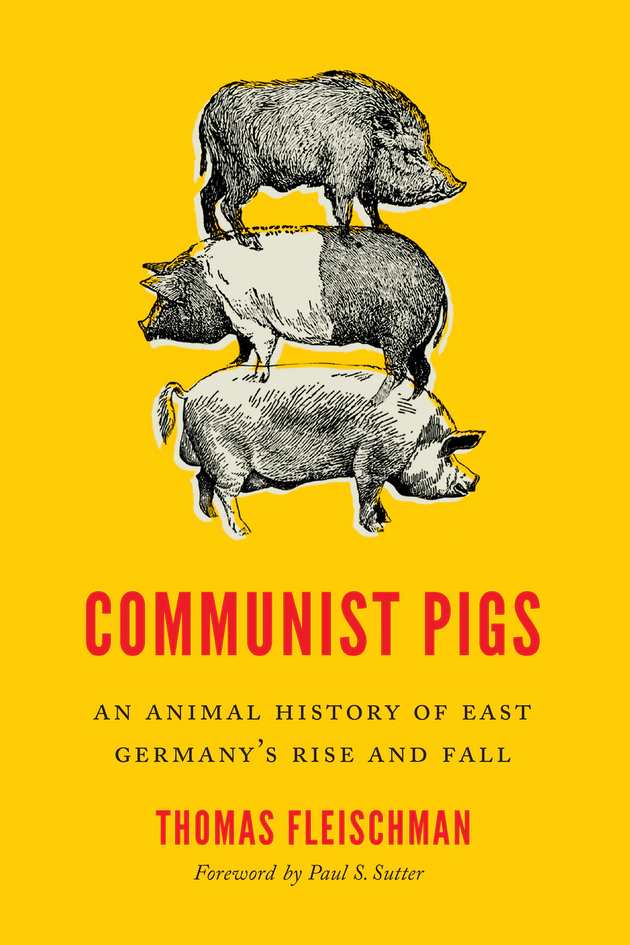
Thomas Fleischman, Communist Pigs. An Animal History of East Germany’s Rise and Fall. (University of Washington Press)
T

The pig is an incredibly adaptive animal, and historian Thomas Fleischman uncovers three types of pig that played roles in this history: the industrial pig, remade to suit the conditions of factory farming; the wild boar, whose overpopulation was a side effect of agricultural development rather than a conservation success story; and the garden pig, reflective of the regime’s growing acceptance of private, small-scale farming within the planned economy.
Fleischman chronicles East Germany’s journey from family farms to factory farms, explaining how communist principles shaped the adoption of industrial agriculture practices. More broadly, Fleischman argues that agriculture under communism came to reflect standard practices of capitalist agriculture, and that the pork industry provides a clear illustration of this convergence. His analysis sheds light on the causes of the country’s environmental and political collapse in 1989 and offers a warning about the high cost of cheap food in the present and future. Learn more about Communist Pigs.
Enjoy this interview with Thomas Fleischman. You can read the transcript here.